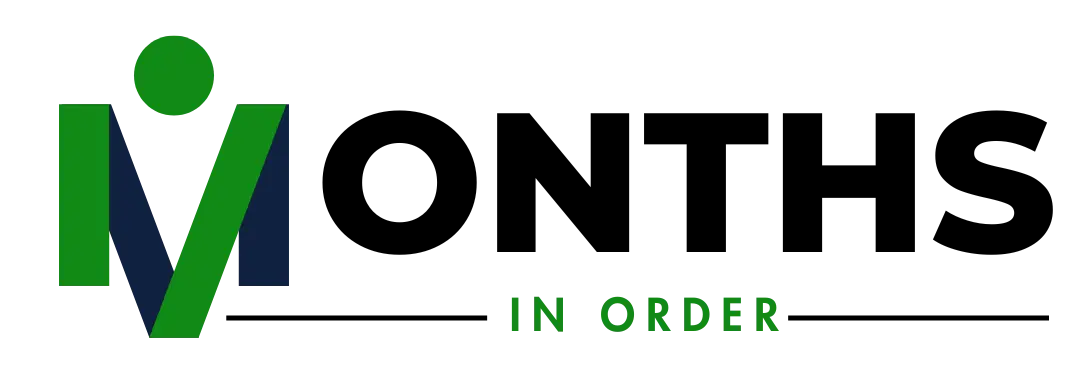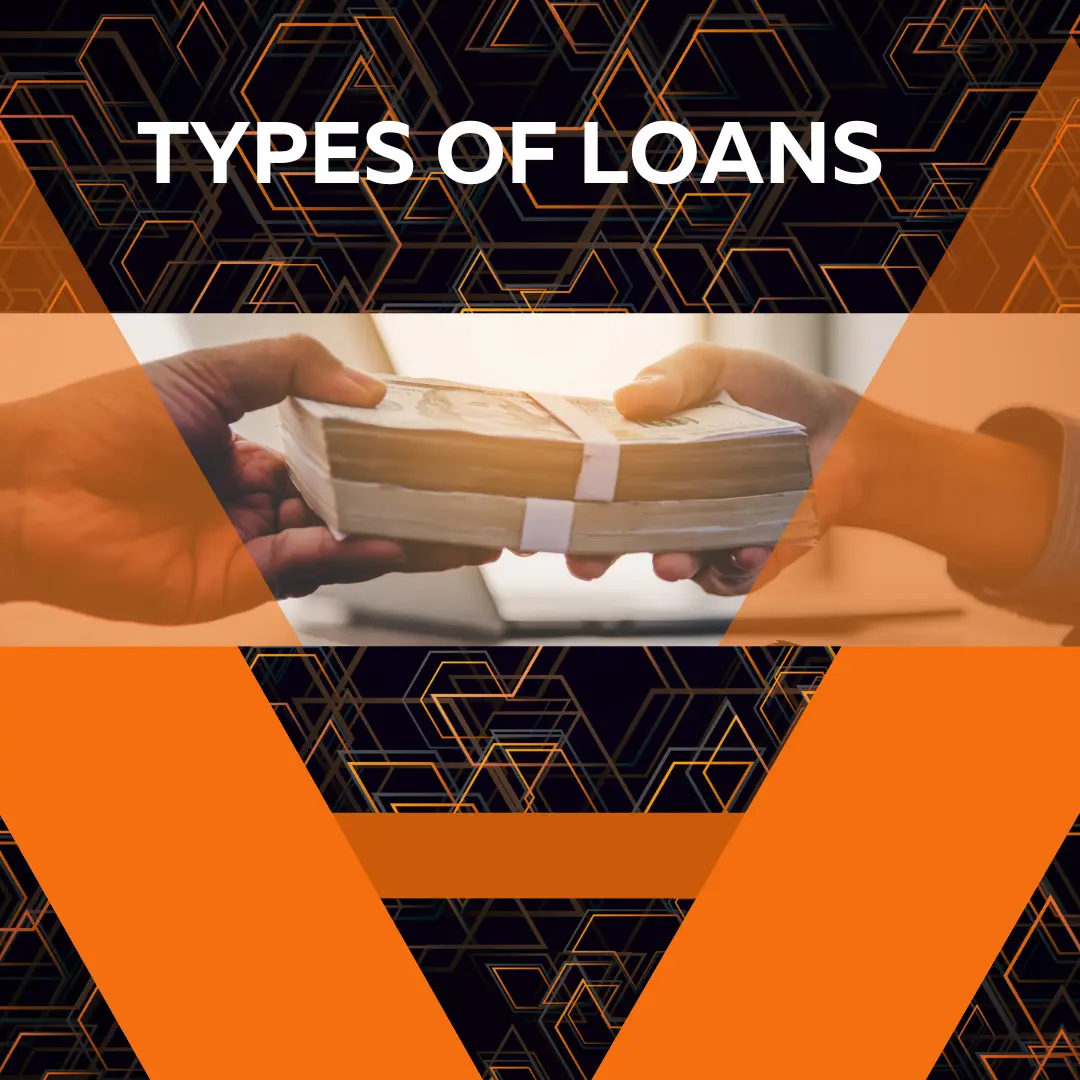Loans are not for everyone. Understanding the different types of loans is a must if one is to make informed decisions about borrowing. This type of loan is commonly referred to as personal loans which can be used in different ways including consolidation of debts, paying medical fees as well as for home repairs and renovations. Personal loans are typically unsecured meaning no collateral is required to secure them and they may come with fixed or variable interest rates.
Student loans are also common lending instruments in higher education institutions; this ensures that students meet their tuition fees, and purchase books among other expenses incurred during their stay in college. Student loans can either be obtained from the federal government or private lenders who offer flexible repayment options on them plus competitive interest rates.
Payday loans are short-term credit facilities whose aim is to provide fast cash to individuals who should pay it back at a later date when their salary has been remitted into the bank accounts. These financial obligations should only be sought after sparingly because of the high costs they usually have since defaulting on such arrangements could result in a cycle of indebtedness.
Other types of loans include car loans, home loans, business loans, and more, each with its own set of terms, conditions, and eligibility criteria. By understanding the different types of loans available, borrowers can make informed decisions about which loan best suits their needs and financial situation.
Exploring Student Loans: Financing Higher Education
Higher education may be financed, thanks to student loans. They are purposely designed to cover tuition fees, books, living costs, and other college expenses. Different sources obtain student loans including the federal government, private lenders, and state-based programs.
Federal student loans are a good choice for the majority of students because they have low-interest rates and flexible terms of payment. Admittedly, these loans do not require credit checks or collaterals. Consequently, this makes them more manageable as deferment, forbearance, and income-driven repayment plans may apply.
On the other hand, one can consider private student loans to fund higher education which often come with high interest rates and unfavorable terms as compared to those given on federal ones. For instance, such credit facilities may call for a credit check as well as the presence of a co-signer especially if the student in question lacks a significant credit history or earnings. In conclusion therefore it can be said that while attending school at any cost even if it means bridging the gap between financial aid packages through private student loans is an option; borrowers should weigh their options by checking out interest rates and terms from various lenders before making a decision involving borrowing.
Student loans can provide valuable financial assistance to individuals pursuing higher education, but it’s essential to borrow responsibly and explore all available options for funding your education.
Navigating Personal Loans: Borrowing for Your Needs
Personal loans are flexible forms of borrowing that individuals can use for a wide range of purposes, including debt consolidation, emergency spending, or home improvement financing. Usually, they are unsecured and thus do not need collateral like most loans; they can be sourced from banks, credit unions, or online lenders.
There are many reasons why personal loans are crucial. Personal loans have the advantage that borrowers can spend them on almost any expense making it possible for them to be used in addressing a variety of financial needs. Whether you need to settle an expensive credit card bill to fund your home renovation project or pay for medical bills then at least one personal loan will serve its purpose.
Furthermore, personal loans frequently offer fixed interest rates and predictable monthly payments that allow borrowers to plan and manage their finances with ease. Some lenders also present flexible payment options such as allowing the borrower to select a repayment arrangement that suits his budget and time frame.
Before applying for a personal loan, it’s essential to consider your financial situation carefully and determine how much you can afford to borrow. Shop around and compare rates and terms from multiple lenders to ensure you get the best possible deal. With careful planning and responsible borrowing, a personal loan can be a valuable tool for meeting your financial needs and achieving your goals.
Understanding Payday Loans: Short-Term Solutions
Payday loans are emergency short-term credits that are meant to assist the borrower with immediate cash until they receive their next paycheck. Typically, payday loans are used to cater for unexpected expenses such as car repairs, medical bills, or even home emergency expenses. Though these loans may appear convenient for quick access to funds, they involve considerable risks and hence should be approached cautiously.
High cost is one of the main drawbacks of payday loans. These types of loans normally come with extremely high interest rates and fees making them some of the most expensive forms of borrowing money in the market. Consequently, if a borrower fails to pay back the entire sum by its maturity date they could be caught in an endless loop of debt. Actually, research findings have established that on average a payday loan user pays more in fee charges than what they had borrowed initially.
Another concern with payday loans is their short repayment term. Most payday loans must be repaid in full within a few weeks, which can be challenging for borrowers living paycheck to paycheck. As a result, many borrowers end up rolling over their loans or taking out new loans to cover the cost of the original loan, leading to even more debt and financial hardship.
Overall, while payday loans can provide temporary relief for borrowers facing financial emergencies, they are not a sustainable or responsible long-term solution. Before considering a payday loan, borrowers should explore alternative options, such as personal loans, installment loans, or assistance programs offered by community organizations or government agencies.

